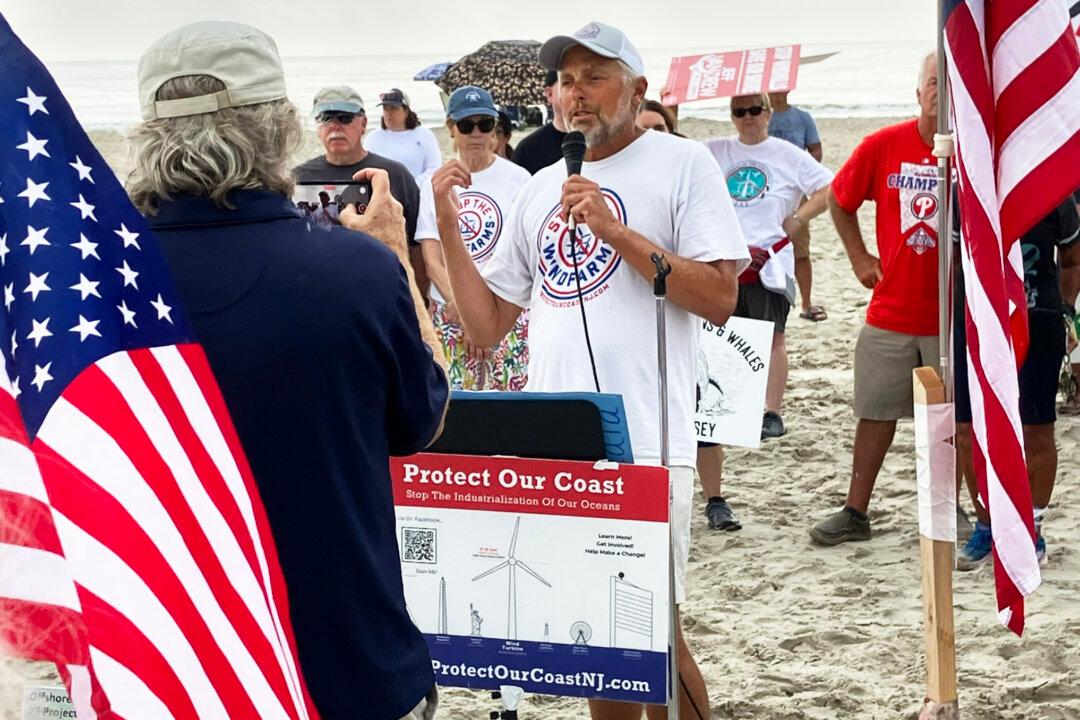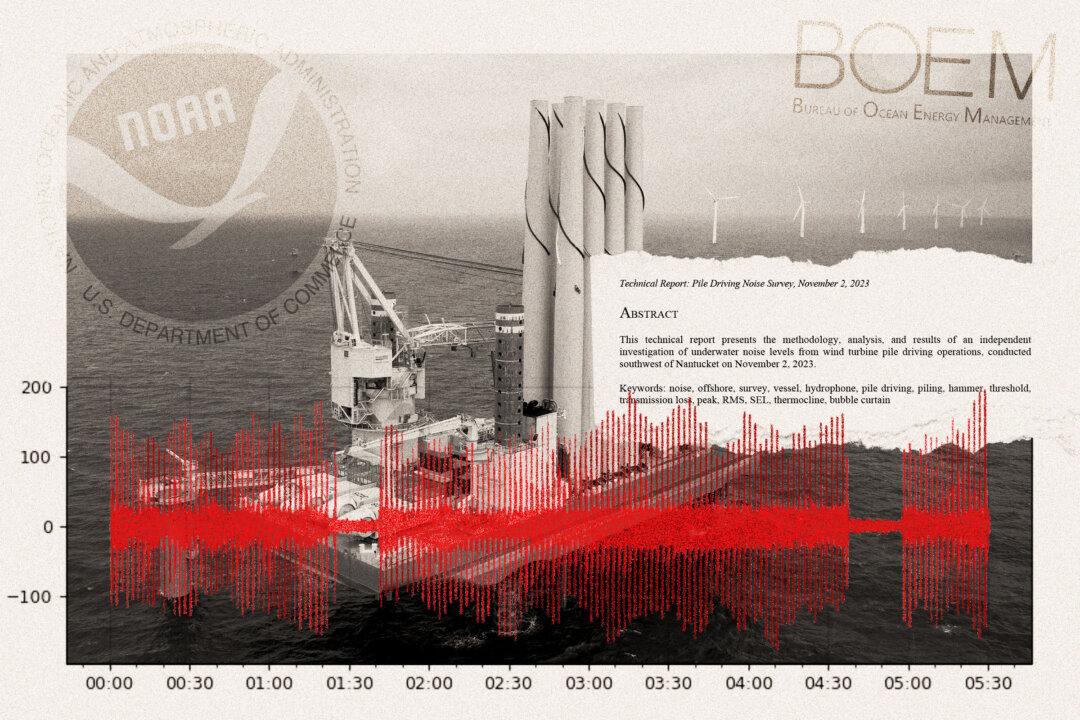When Orsted, the giant Danish energy company, abandoned plans to construct 200 massive wind turbines in the Atlantic Ocean off southern New Jersey, residents and elected officials in Cape May County celebrated.
“We were told time and time again, you can’t take this company on,” said Leonard C. Desiderio, director of the Cape May County Board of Commissioners, at a press conference on Nov. 1.





